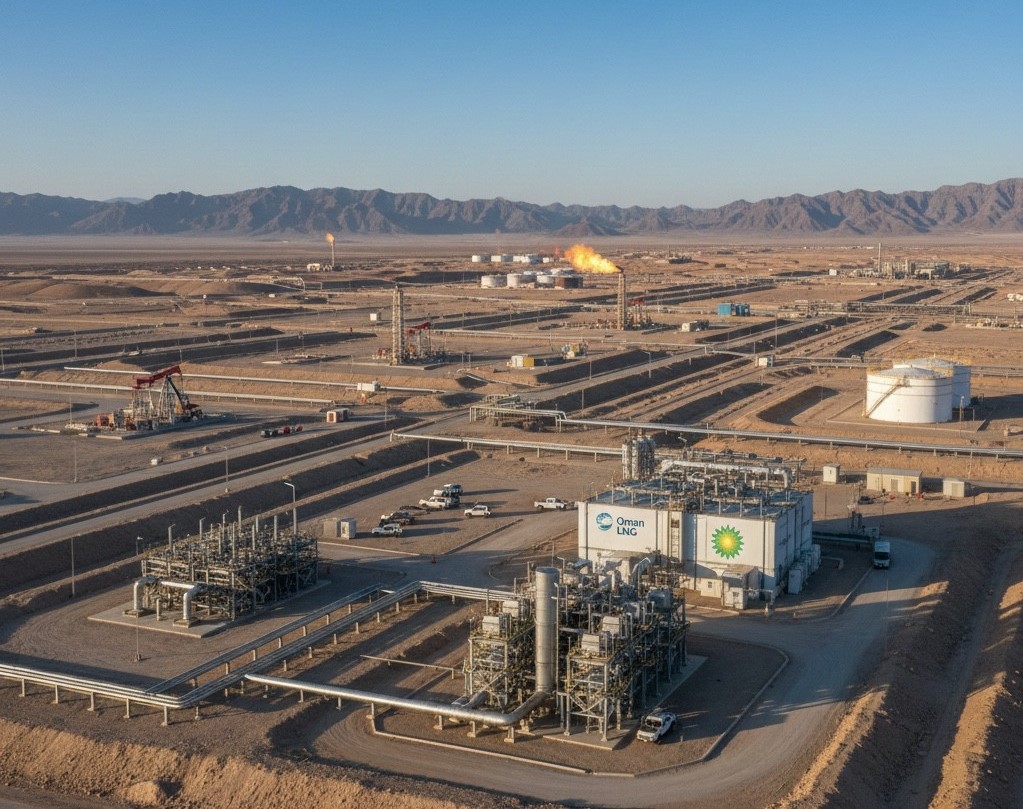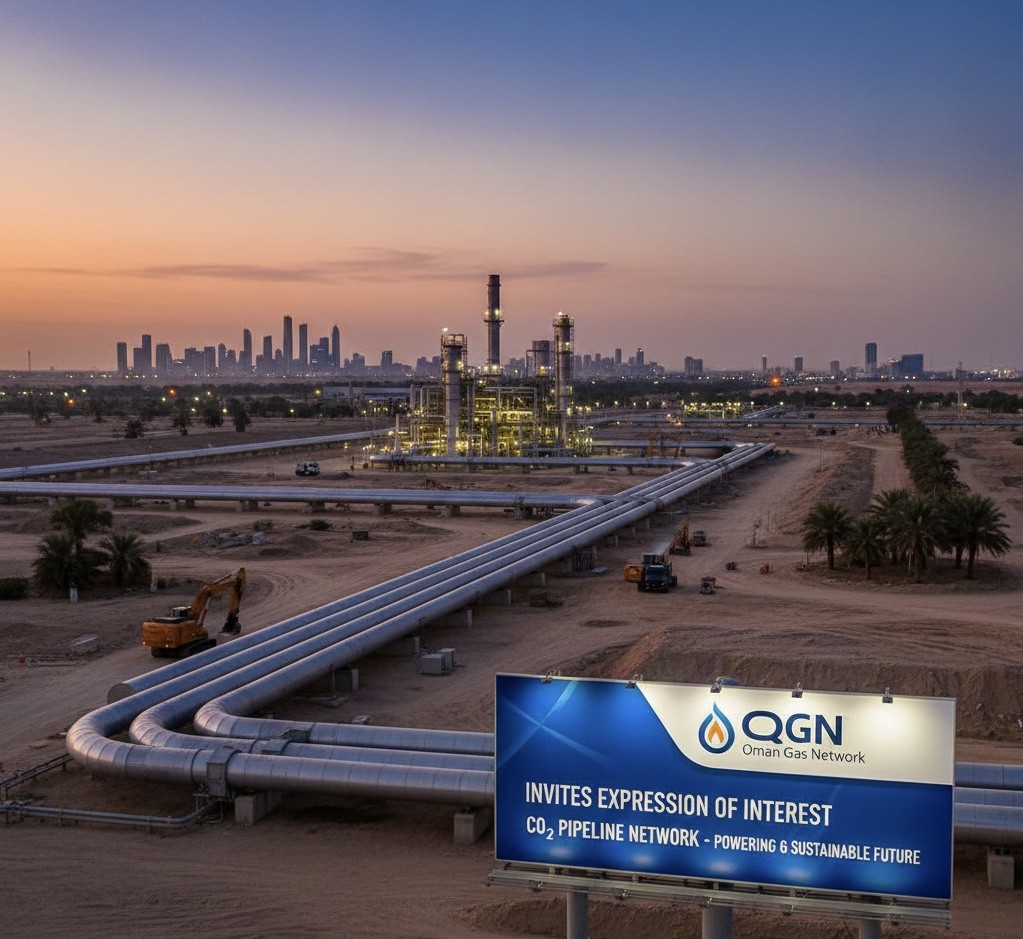Kuwait is embarking on an ambitious $6.6 billion investment plan to bolster its oil pipeline infrastructure, aiming to enhance domestic production capabilities and reduce dependence on imports. This initiative aligns with the nation’s Vision 2035 strategy, which seeks to diversify the economy and establish Kuwait as a global financial and trade hub.
Strategic Objectives and Implementation
The investment, approximately two billion Kuwaiti dinars, will be spearheaded by the state-owned Kuwait Petroleum Corporation (KPC) and its subsidiaries. The projects are set to unfold over the next five years, focusing on manufacturing pipelines and other essential components for the oil and gas industry. These efforts aim to bolster Kuwait’s industrial base, attract global investors, and foster partnerships with local companies, thereby strengthening the nation’s position in the global oil sector.
Enhancing Domestic Production Capabilities
Kuwait’s oil production capacity has been a focal point of development. In January 2024, KPC CEO Khaled Al-Sabah unveiled a $30 billion investment plan aimed at boosting the emirate’s oil production capacity by 40%, targeting an increase from 2.8 million barrels per day (bpd) to 4 million bpd by 2040. This ambitious plan includes venturing into offshore exploration, with a 6,000-square-kilometer area under review, and the discovery of new fields such as Al-Jlaiaa and Al-Nokhatha.
Infrastructure Developments and Operational Enhancements
The Kuwait Oil Company (KOC), a subsidiary of KPC, has been actively involved in expanding the nation’s oil infrastructure. In 2024, KOC inaugurated the $30 billion Al Zour refinery, Kuwait’s largest and the seventh largest in the world, which is set to elevate the country’s refining capacity to 1.42 million bpd. Simultaneously, KOC has been operating eight pipelines to transport oil and gas to the Al-Zour refinery, with a total length of up to 450 km.
Financial Implications and Economic Impact
The substantial investment in oil pipeline projects is expected to have significant financial implications. High crude prices have bolstered KOC’s assets to $55 billion as of the end of the 2022-2023 fiscal year. Capital spending by KOC leaped by nearly 95% in the same fiscal year, reaching around KWD1.7 billion ($5.5 billion) compared to KWD871 million ($2.87 billion) in the previous fiscal year.
Future Prospects and Global Positioning
The ongoing and upcoming pipeline projects are poised to enhance Kuwait’s energy infrastructure, contributing to the nation’s economic diversification and energy security. By focusing on infrastructure development, Kuwait aims to position itself as a leading player in the global oil sector, attracting international investments and fostering technological advancements in the energy industry.
Kuwait’s strategic investment in oil pipeline projects underscores its commitment to enhancing domestic production capabilities and reducing reliance on imports. Through these initiatives, the nation aims to strengthen its position in the global oil sector and achieve sustainable economic growth in line with its Vision 2035 objectives.





